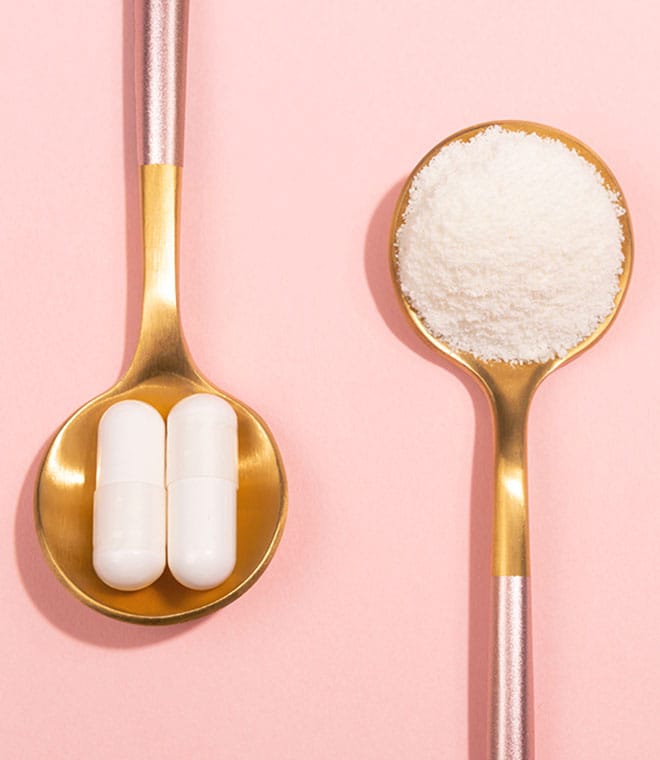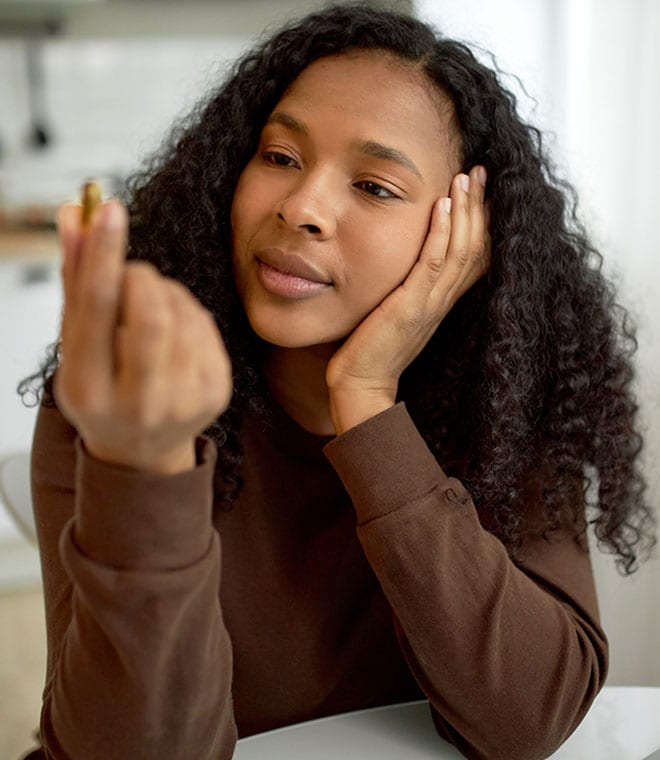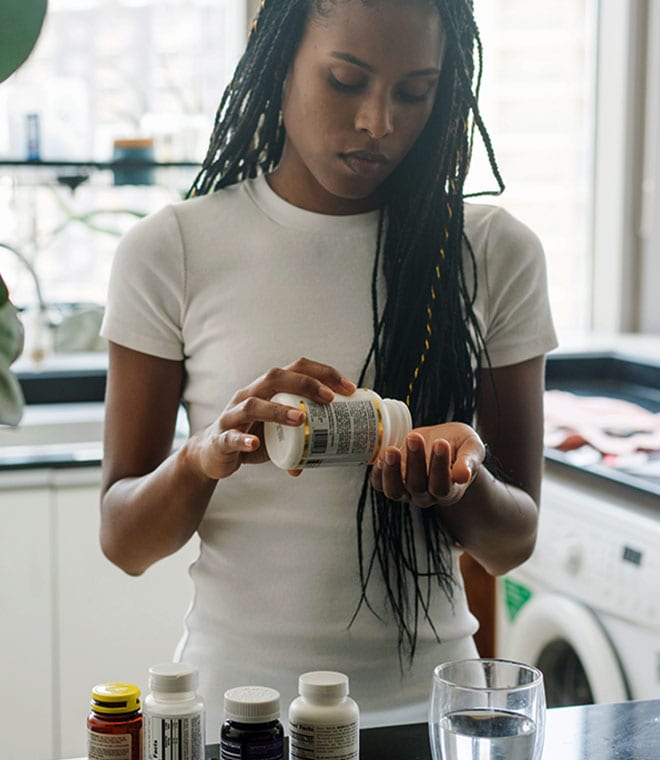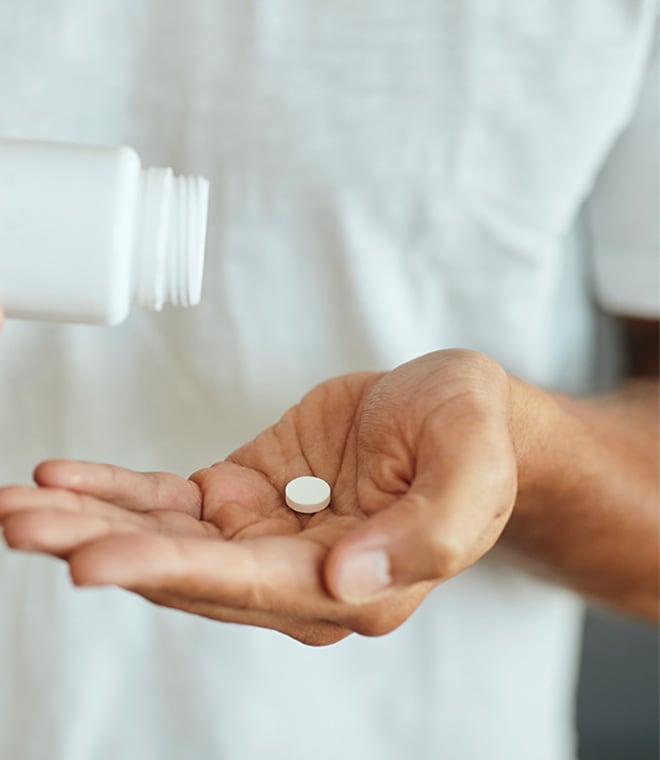Wellness
Biotin for nails: Does it work?
By Anna H. Chacon, MD, Fellow of the American Academy of Dermatology Oct 22, 2024 • 4 min
Biotin is a B vitamin and essential nutrient that can be found in some foods. It’s also available in supplement form. Many products that contain biotin claim that it promotes the growth and health of hair and nails, but does it really work? Here we look at what the science says about using biotin to improve the health and strength of your nails.
Does biotin strengthen nails?
While biotin is widely touted as a remedy for weak or brittle nails, there’s limited evidence to support this claim. The exception is in people who have a deficiency of biotin. Individuals with a biotin deficiency often see their nails improve after they increase their biotin intake through diet or supplementation.
If you have brittle nails but don’t have a biotin deficiency, more evidence is needed to know if taking a nail-strengthening supplement or using strengthening nail polishes containing biotin will improve the condition of your nails.
Brittle nails and other signs of biotin deficiency
While brittle nails are a sign of a biotin deficiency, having brittle nails doesn’t necessarily mean a lack of biotin is the culprit. In fact, biotin deficiency in healthy people is very rare, since the vast majority of individuals get plenty of this vitamin in their diet.
Other signs of biotin deficiency include:
- Red, scaly rash around the eyes, nose, mouth and perineum
- Conjunctivitis
- Thinning hair
- Abnormally high amounts of acid in the urine
- Skin infections
- Seizures
- Neurological problems like lethargy, hallucinations or depression
Risk factors for biotin deficiency include:
- Biotinidase deficiency, a rare disorder that prevents the body from releasing biotin
- Chronic alcohol use, which inhibits the absorption of biotin
- Pregnancy and breastfeeding, which can lead to a temporary biotin deficiency despite a normal diet
Biotin from food and supplements
For most adults over the age of 19, a daily biotin intake of 30 micrograms (mcg) is considered adequate for optimal hair, nail and general health. Biotin is most plentiful in organ meats like liver, and it’s also found in eggs, salmon, pork, beef, seeds, nuts and sweet potatoes. If you consume a diet containing these and other foods, you probably don’t need to take a supplement.
Taking a biotin supplement, or a supplement that contains biotin along with other ingredients, is unlikely to do any harm. However, taking too much biotin can interfere with some laboratory tests, which could lead to inaccurate test results. It also may interact with some medications. It’s important to let your healthcare provider know if you’re taking biotin supplements.
If you think you might have a biotin deficiency due to brittle nails or thinning hair, visit your healthcare provider for an evaluation. If an assessment of your diet shows adequate intake or tests reveal that you have normal biotin levels, your healthcare provider can help you determine the cause of your nail symptoms. Dry, brittle nails aren’t uncommon, especially as you age, and there are a number of things you can do to restore them to better health.
Updated by Amy Magill, MA, RDN, October 2024.



